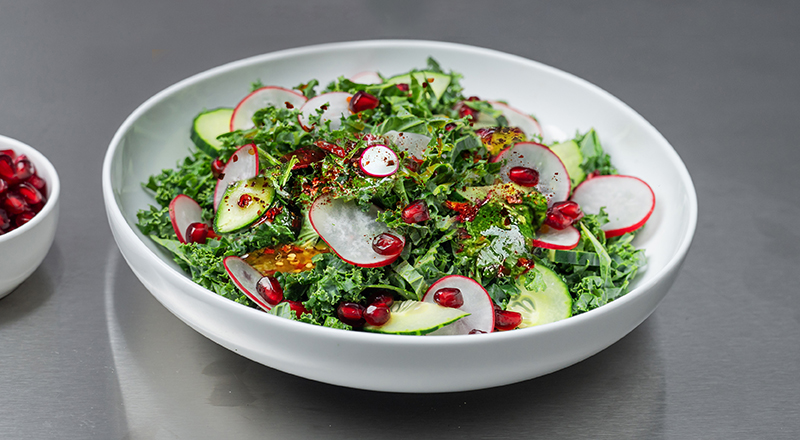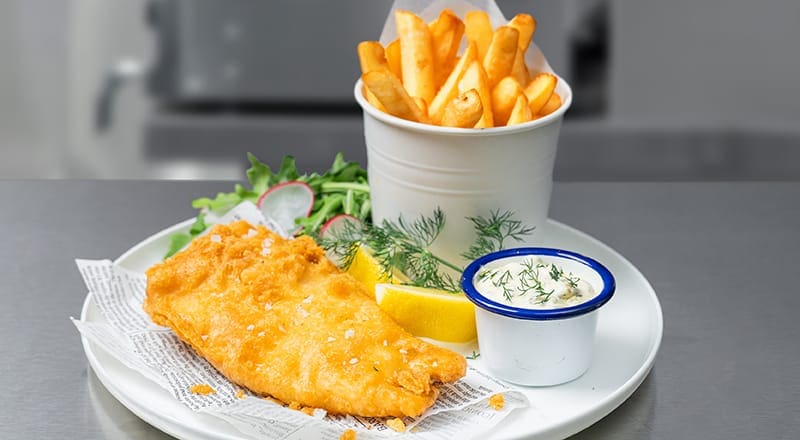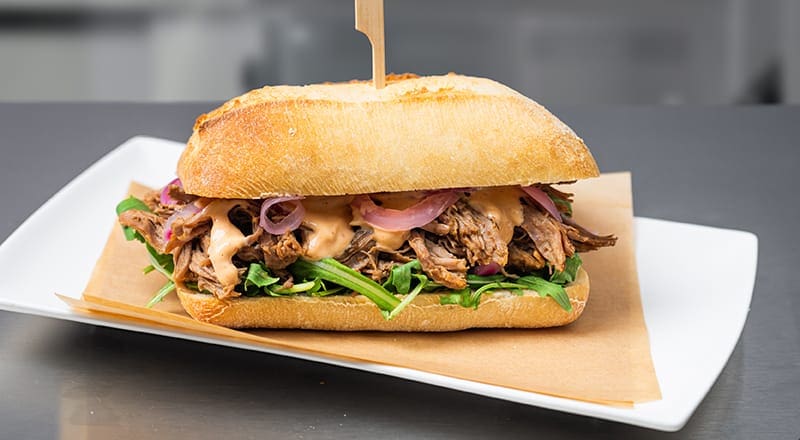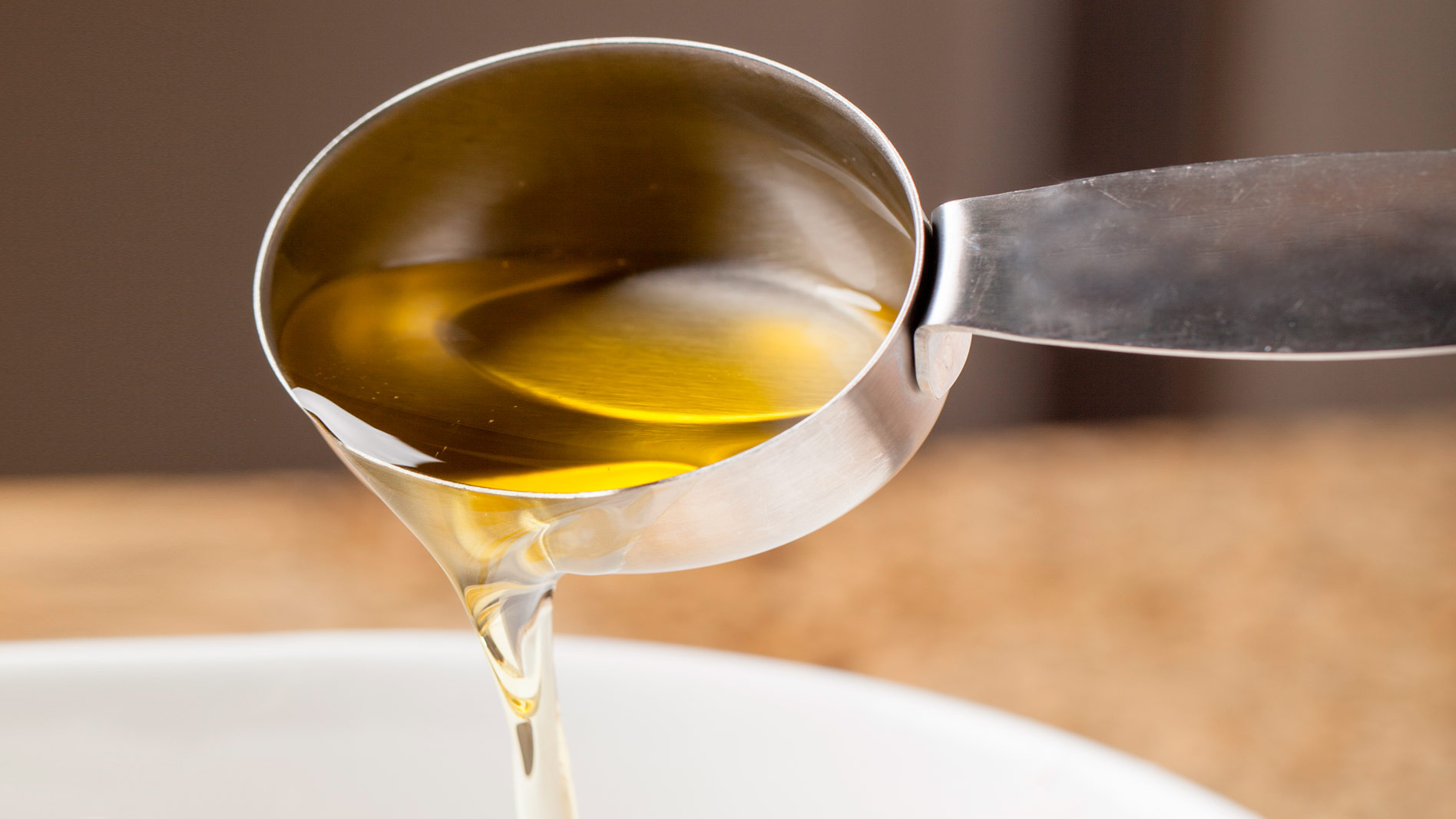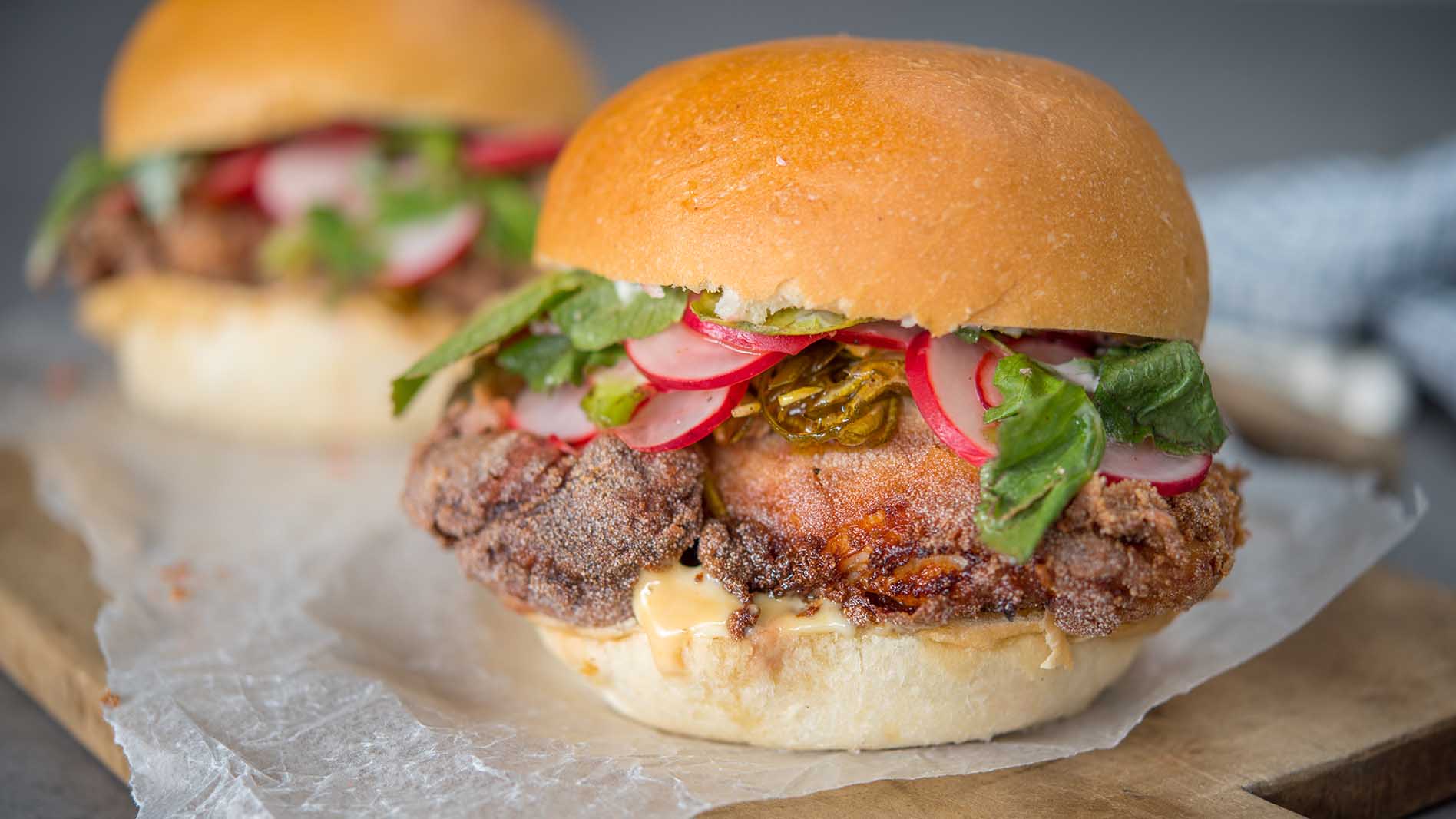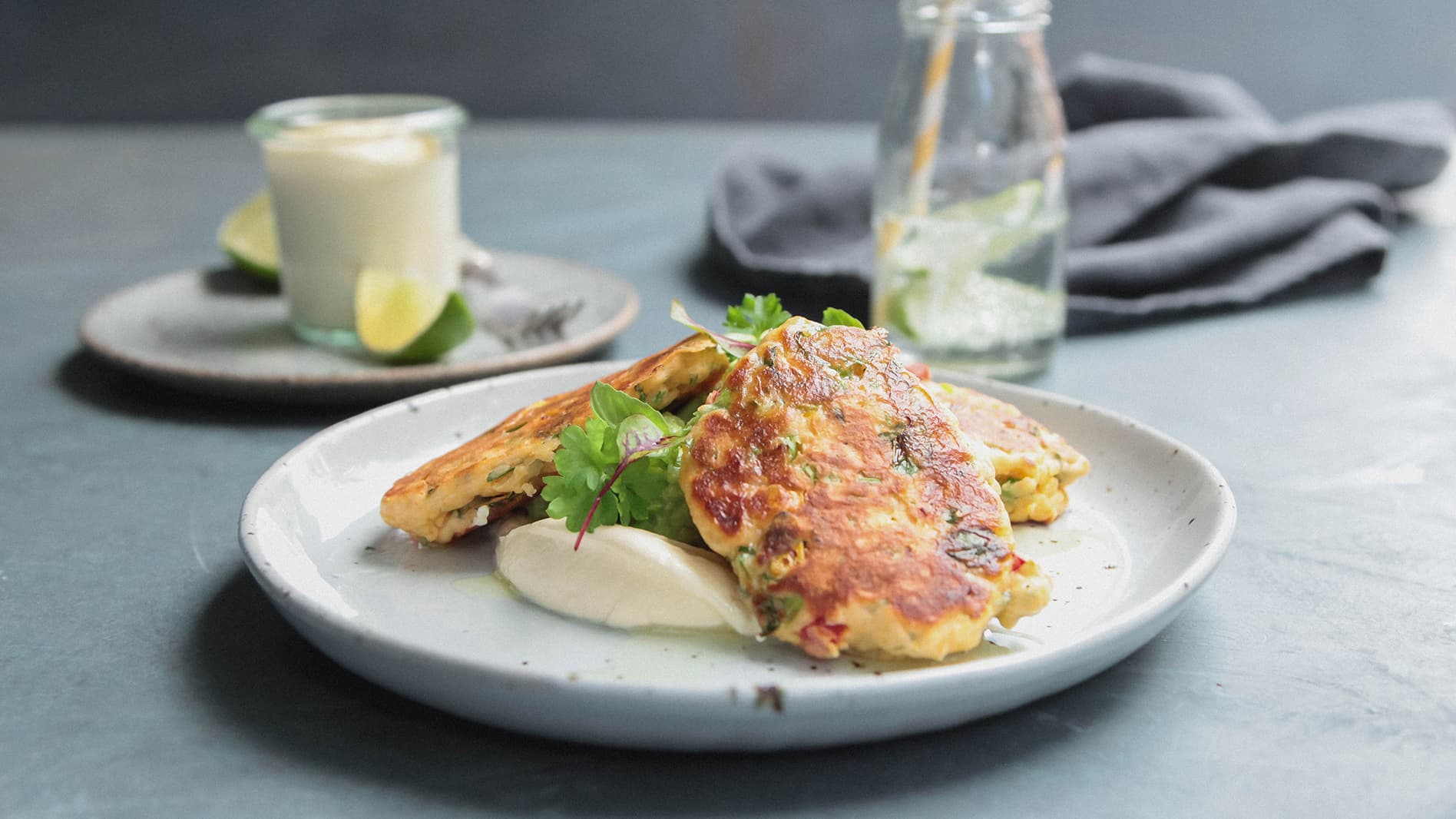
Being smarter about how you use this essential commodity could save your hospitality business some money.
As a member of Australia’s hardworking army of hospitality business owners, you probably don’t need to be told that times are tough right now. The price of everything from electricity to ingredients has risen significantly as inflation continues to bite.
Many consumers are struggling to make ends meet and cutting back their spending on non-essentials, like eating out in cafes and restaurants, and buying takeaway food.
Falling demand has contributed to a spate of business collapses, and industry watchers have warned there’ll be more on the way in the 2025/26 financial year.
Reducing your costs can help your hospo business stay afloat during this challenging period. One simple way to make a saving is by changing the way you buy and use essential commodities like liquid oil.
Here are five tips to help you optimise your oil costs, without compromising on the quality of the product that your customers know and love.
1. Choose an oil that’s fit for purpose
Vegetable, sunflower, canola…there are many types of liquid oil on the market. While they can all be used to cook food, they all have a different smoke point, flavour, and fry life. What’s on your menu should determine which oil you use in your fryer. Crumbed or floury foods, such as coated chips for example, will quickly destroy whatever oil they’re cooked in. If they’re a frequently ordered item in your establishment, it makes sense to look for the most cost effective oil option.
High oleic oils contain a higher level of monounsaturated fat. That means their fry life is extended by an additional three or four days in some circumstances, depending on what you’re cooking. Switching to a high oleic oil could mean you need to change the oil less often.
If you’d like some help to determine which oil is best suited to the needs of your business, check out Goodman Fielder’s guide to using oils in your kitchen.
2. Cook at the right temperature
It’s not uncommon for business owners to regularly switch the type of oil they use. More often, they’ll buy whatever’s cheapest or most readily available at the time. It’s fine to chop and change, provided you remember to adjust the thermostat when you switch from one type to another.
Every oil has its own ideal cooking temperature, and they vary significantly. Soybean oil, for example, fries best at 230-240 degrees, while for animal fats, the optimum temperature is just 190-200 degrees. If your fryer temperature is too low, your product will absorb more oil. That means you’ll need to buy more of it, more often. Checking the optimum temperature each time you change to a new oil variety allows you to avoid this unnecessary overspend.
3. Service your fryer regularly
Having your motor vehicle serviced regularly is the best way to ensure it continues to run well for longer. Your cooking equipment is no different. Many business owners are reluctant to spend money on getting someone out to inspect their fryer, but not doing so can be a false economy. Having it, and your thermometer or digital probe calibrated annually, will ensure each and every order is fried at precisely the right temperature.
4. Filter and top up your oil
The carbon content of liquid oil determines how long it lasts. The more carbon it contains, the faster it will be destroyed. Skimming and filtering your oil daily can extend its life, by up to several days in some cases. It’s a simple task that should only take a few minutes at the close of trade and the result is a straight saving for your business.
Your fryer will also cook more efficiently if it’s filled to the optimum level. For best results, check it regularly and top it up as needed.
5. Recycle your used oil
The oil in your fryer may no longer be suitable to cook with, but that doesn’t necessarily mean it’s time to throw it away. In recent years, organisations have begun experimenting with the conversion of waste oil into renewable fuels. Last year, for example, Wilmar Sugar and Renewables launched an Australia-first trial to replace the diesel in locos and farm tractors with a product made from recycled vegetable oil. As producers strive to reach net zero, it’s a trend that’s only likely to continue. That means your waste oil may be worth good money to an oil management and processing company. If your business goes through a significant volume of oil, it’s worth finding out whether someone will pay you to take the old stuff away.
Oil is an essential purchase for most hospitality businesses. Choosing and using the right products in the right way can save you a healthy sum each year. At a time when every dollar makes a difference, it’s likely to prove a very smart move.
Get the good oil from us
No one knows more about cooking oil than Goodman Fielder’s team of customer success specialists. If you’d like to learn more about how to get better value for the money you spend on this essential commodity, get in touch with our sales team.
